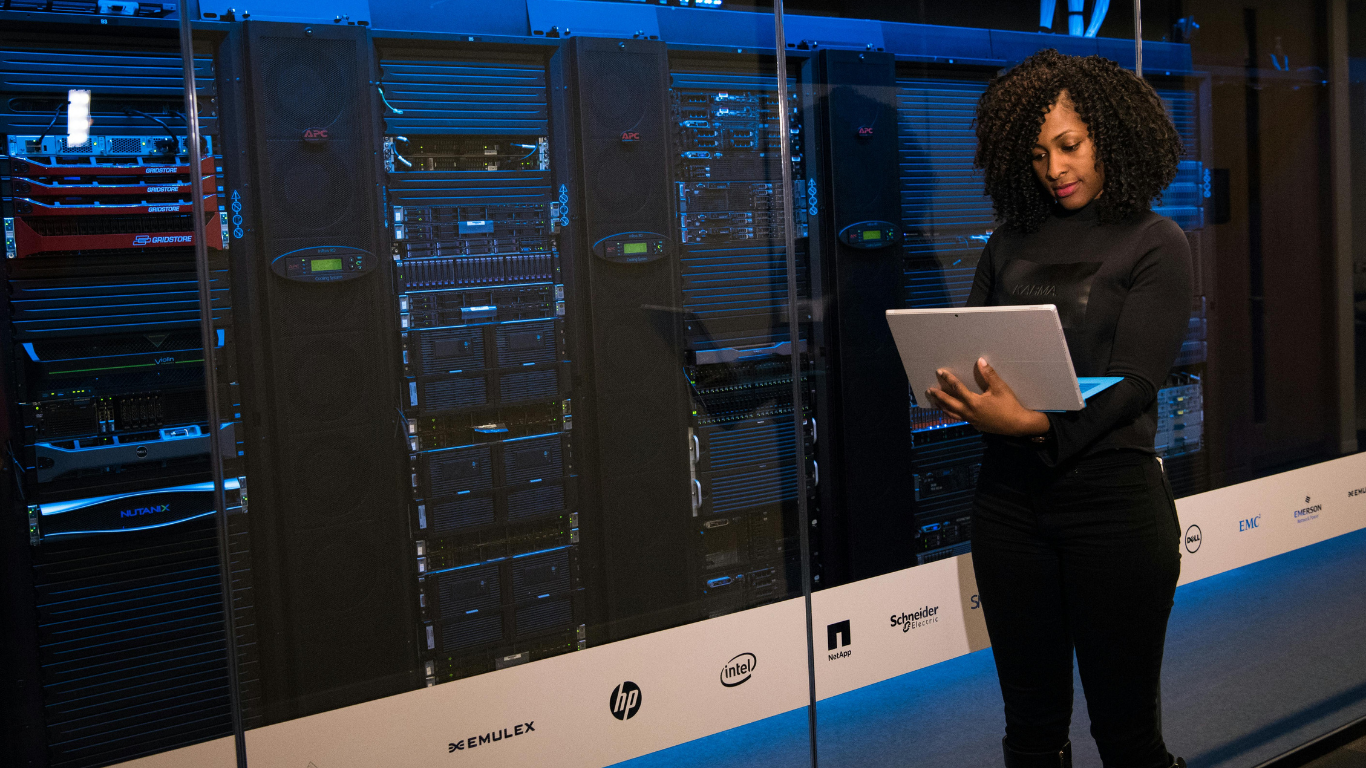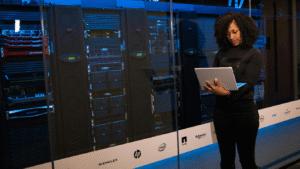The Web3 revolution is changing the way the internet works, emphasizing decentralization, transparency, and user ownership. At the center of this shift is blockchain technology — a distributed network that allows transactions to happen directly between users without intermediaries. But to make this system accessible and efficient, a strong technical foundation is needed. One of the most essential parts of that foundation is the Remote Procedure Call (RPC) node.
RPC nodes act as the communication link between decentralized applications (dApps) and the blockchains they operate on. Without them, it would be impossible for users or developers to retrieve blockchain data, send transactions, or execute smart contracts. To manage these tasks at scale, many organizations rely on professional rpc nodes web3 provider services that offer secure, high-performance, and reliable access to blockchain networks.
What Exactly Are RPC Nodes?
RPC nodes are specialized servers that make it possible for software to interact with blockchains through the Remote Procedure Call protocol. In practice, this means that when someone uses a dApp — for instance, to check their wallet balance or make a trade — the application sends a request to an RPC node. The node then processes the request, retrieves the necessary information from the blockchain, and sends the response back.
Every blockchain network has its own RPC methods. For example, Ethereum uses functions such as eth_getBalance or eth_sendTransaction, while Bitcoin operates with commands like getblock or getrawtransaction. Other newer blockchains, including Solana or Polygon, have customized their RPC systems for faster performance and scalability.
Running your own nodes requires deep technical expertise, reliable hardware, and ongoing maintenance. Because of this, most developers prefer using managed RPC services that take care of all infrastructure tasks — from load balancing to network updates.
Why Reliability Is Key
In Web3, consistency and reliability are crucial. Every blockchain transaction relies on the availability and performance of RPC nodes. If these nodes go down or respond too slowly, users may face transaction delays or failures, damaging trust in the application.
Professional RPC providers ensure:
- High uptime and scalability, so dApps continue working even during high traffic periods.
- Load balancing evenly distributes user requests across multiple nodes.
- Security protections, including DDoS mitigation and data encryption.
- Multi-chain compatibility, allowing developers to connect to several blockchains using one API.
Trusted providers like GetBlock have become vital players in this space, offering developers fast and stable access to dozens of major blockchains. This eliminates the need for companies to maintain their own servers, saving both time and resources.
Scaling for the Future of Web3
The growing popularity of decentralized finance (DeFi), NFTs, and blockchain gaming has dramatically increased the number of transactions across networks. For developers, scalability is no longer optional — it’s a must.
Managed RPC nodes simplify this challenge by providing:
- Auto-scaling capabilities that automatically handle traffic surges.
- Caching mechanisms to accelerate repeated queries.
- Monitoring tools that track performance and usage statistics.
These tools allow teams to focus on developing new features rather than spending time troubleshooting backend systems.
Balancing Decentralization and Efficiency
Although third-party node providers make Web3 development easier, decentralization remains one of the ecosystem’s core principles. Leading RPC providers address this by deploying geographically distributed nodes and redundant systems. If one server cluster fails, others immediately take over — ensuring that blockchain data remains accessible and secure at all times.
Many services also offer a choice between shared and dedicated nodes. Shared nodes are affordable and suitable for smaller projects, while dedicated nodes provide exclusive access, higher throughput, and greater privacy — a better fit for large-scale or enterprise applications.
The Backbone of Web3
RPC nodes are the unseen infrastructure that powers every blockchain interaction. They make it possible for users to send tokens, execute smart contracts, and verify transactions instantly. As the Web3 ecosystem grows, the demand for reliable and scalable node infrastructure will only continue to rise.
By partnering with an experienced rpc nodes web3 provider, developers can focus on what truly matters — building innovative decentralized products — while leaving the technical complexity of blockchain connectivity to experts. In the fast-evolving world of Web3, stability, performance, and security aren’t just optional; they form the very foundation on which the future of the decentralized internet will be built.
Article received via email































